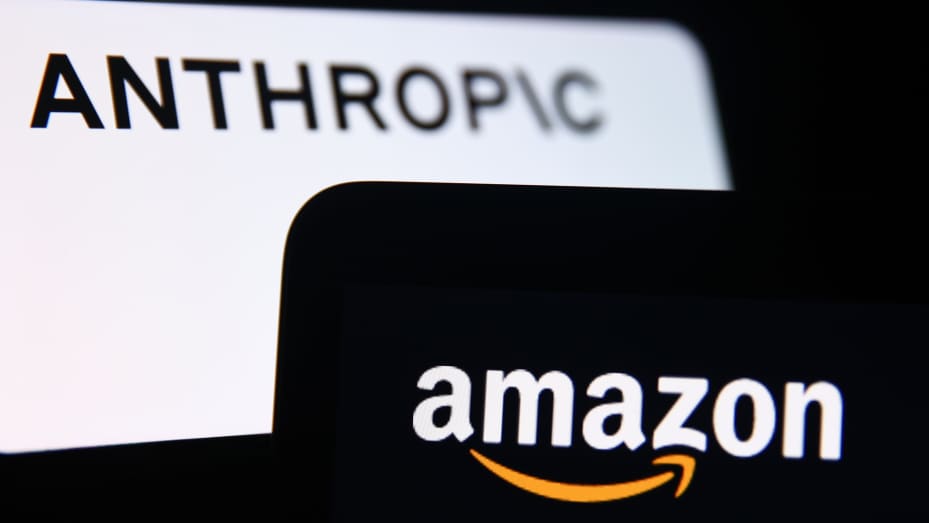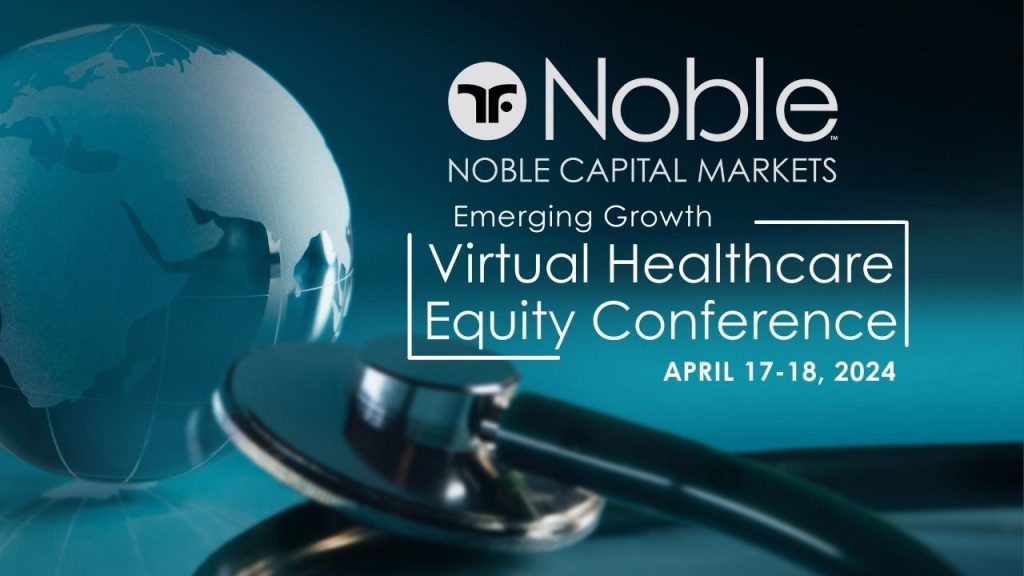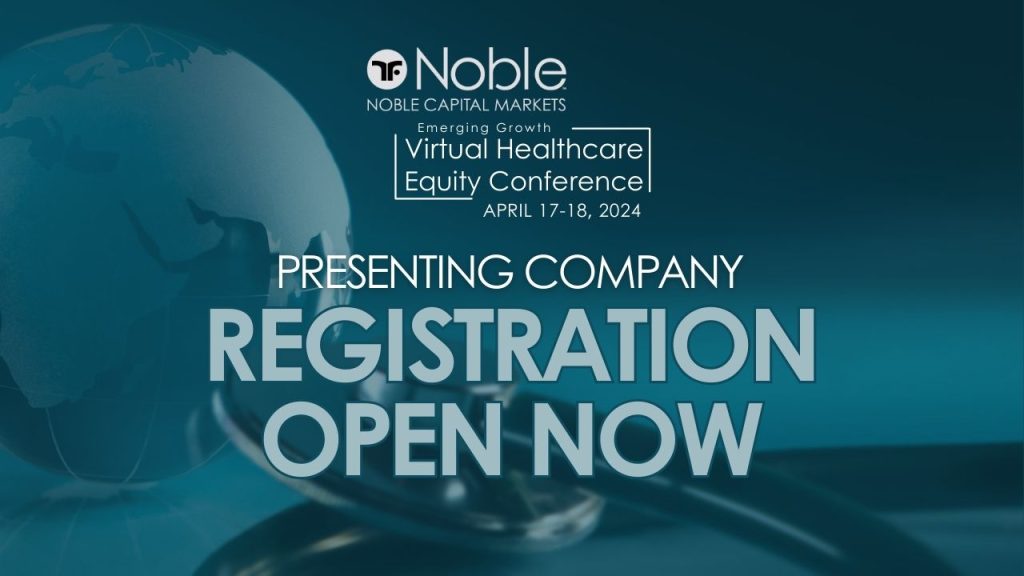In a landmark achievement, Alphabet Inc. (Google’s parent company) has officially become the 4th publicly traded company in history to cross the $2 trillion market capitalization threshold. After briefly touching this vaunted level in late 2021, Google has now comfortably sustained a $2 trillion-plus valuation for an entire trading day amid investor enthusiasm for its artificial intelligence initiatives.
Google now stands among an exclusive group of megacap tech titans alongside Apple ($2.6T), Microsoft ($3.0T), and chipmaker Nvidia ($2.2T). E-commerce behemoth Amazon is nipping at Google’s heels with a $1.8T market cap, while social media giant Meta lags at $1.1T after its controversial metaverse pivot.
The milestone cements Google’s status as a generational company and one of the most pivotal names reshaping the world through cutting-edge AI development. While Google built its fortune through pioneering internet search and digital advertising, investors are now betting billions that its bold AI plays will unlock massive new revenue streams for decades to come.
Alphabet’s surge past $2 trillion follows the company reporting blowout Q1 2024 earnings results that highlighted its AI progress. Revenue jumped 15% year-over-year to $80.5 billion, with profits increasing 14% to $23.7 billion. These robust gains came even as Google enacted cost-cutting layoffs and refocused spending toward generative AI like the company’s new Gemini chatbot.
On the earnings call, CEO Sundar Pichai expressed confidence Google was finding “small” ways to monetize AI already, such as improving ad targeting through its Performance Max platform. However, he signaled a go-slow approach to preserve the integrity of Google’s flagship search business. “We’re being measured in how we do this, focusing on areas where Gen AI can improve the search experience while also prioritizing traffic to websites and merchants,” Pichai stated.
Google’s strong performance across its legacy businesses gave it financial flexibility to make big AI investments. Search advertising was up 14%, YouTube ads grew 21%, and premium subscription revenues rose 18% on increasing YouTube Premium adoption. Even after over $700 million in severance costs from layoffs, Google’s operating margins remained at robust levels.
The solid Q1 results helped convince Wall Street that Google has the resources and focus to remain an AI leader. Unlike rival Meta’s stock sliding 10% recently when it warned of heavy AI investment before future payoffs, Alphabet shares surged over 5% as investors cheered its $70 billion share buyback authorization and first-ever $0.20 quarterly dividend initiation.
For investors, Google’s $2 trillion valuation reflects optimism in the company’s ability to commercialize emerging AI technologies across products like search, cloud computing, smart devices, and digital advertising. AI is expected to unlock multi-trillion dollar growth opportunities by enhancing products, streamlining operations, accelerating research, and spawning new business models.
However, realizing AI’s transformative power will require overcoming major hurdles like developing ethical guidelines, addressing data privacy, navigating a patchwork of regulations, and solving issues like bias and transparency. Failure to responsibly implement AI could open Google and peers to public backlash and legal consequences.
Yet the upsides transcend profits – the companies driving the AI revolution may gain outsized influence in shaping this disruptive technology’s societal impact for decades. For Google and its big tech brethren, striking the right balance between rapid AI development and responsibility will be as critical as the technology breakthroughs themselves.
With a $2 trillion stamp of approval, the AI era has officially arrived for Google. The search giant now faces heightened pressures to deliver on its vision of AI ushering in a new wave of groundbreaking innovations and economic prosperity. For a company born into humble startup origins, this lofty $2 trillion AI perch brings both unprecedented opportunities and unprecedented challenges.














